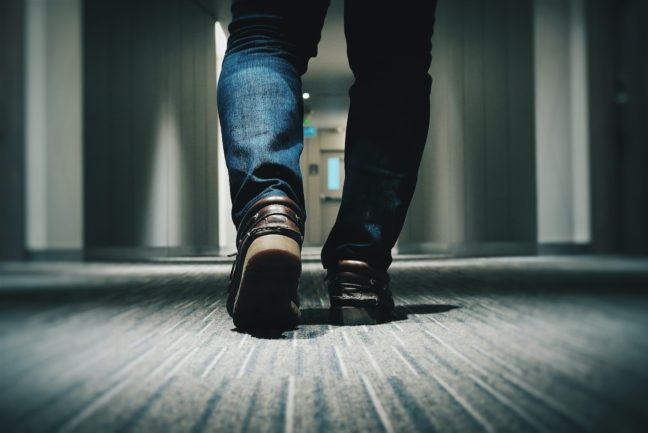While the Second Amendment to the U.S. constitution may say the right of the people to keep and bear arms shall not be infringed, there are exceptions to this right. One of those exceptions is a felony conviction.
Below, we’ll discuss the process of restoring your gun rights in Virginia, and we’ll look at the difference between federal felonies and felonies in individual states.
For most people unlucky enough to be charged and convicted of a felony, they will lose their right to own a firearm for the rest of their lives. This leads people to wonder if a convicted felon can get their gun rights restored. There are a few avenues one can take in an attempt to restore their gun rights.
One of these is known as expungement. Expungement, in layman’s terms, is essentially wiping a crime from your criminal record.
Expungements are not easy to obtain. Under Virginia law, an expungement may only be obtained if you are found not guilty by the court, if the charges are dismissed, if the charges are withdrawn by the prosecutor, or it comes to light that someone else used your name while committing a crime and it can be proven in court.
Outside of expungement, you can apply for a full Governor’s pardon. This will also restore your rights, as a pardon absolves you of the crime entirely.
State Felonies Versus Federal Felonies
Both the federal government and state governments have felony laws. If you have broken a federal law, you will be charged and tried by the federal government. If you have broken a state law, you will be charged and tried by the individual state.
Typically, getting charged with a crime by the federal government or the state government is determined by who arrests you. If the Drug Enforcement Agency (DEA) arrests you, you’ll be charged under federal law, because the DEA is a federal agency. If you are arrested by state or local police, typically you will be charged by the state.
That being said, it is important to note that just because you were arrested by state police does not mean you may not be turned over to federal authorities if you’ve broken a federal law. You can be charged with one crime under state law and a different but related crime under federal law.
This can get even trickier if an act is illegal under both state and federal law, because you may technically be charged twice for the same crime. This is a concept known as “dual sovereignty.” Though it’s rare, a state may decline to press charges for a crime, and the federal government may step in and charge you under federal law for the same crime.
How Do I Obtain an Expungement?
Simply because your charges have been dropped or you have been found not guilty does not mean your record will be expunged. Felony arrests and charges may show up even without a conviction. In order you obtain an expungement you’ll have to petition the court.
Expungement petitions sound simple but can be very complex, especially if you have other crimes on your record, or there are other extenuating circumstances as determined by the court. It is recommended that you seek the services of a qualified attorney to assist you in filing the correct paperwork and following up on the process until it is completed.
Exceptions to Expungement
Just because one felony has been expunged does not automatically restore your gun rights. If you have any other felonies in any state or at the federal level, you will still be denied the right to own a firearm. Additionally, there are other crimes such as domestic violence that, while not a felony in many cases, can still prevent a person from owning a firearm.
Other exceptions may include being placed into a mental institution, being determined a threat to yourself or other people, and severe crimes committed when you were a minor. You may also lose certain firearms rights for a period of time under other misdemeanor convictions.

Restoring Gun Rights After Felony Convictions in Virginia
Being convicted of a felony can be the end of many things, but it isn’t always the end of gun rights. If you have any questions about restoring your gun rights, the expungement process, or any other legal inquiries, the experts at Coastal Virginia Law are ready to help.



